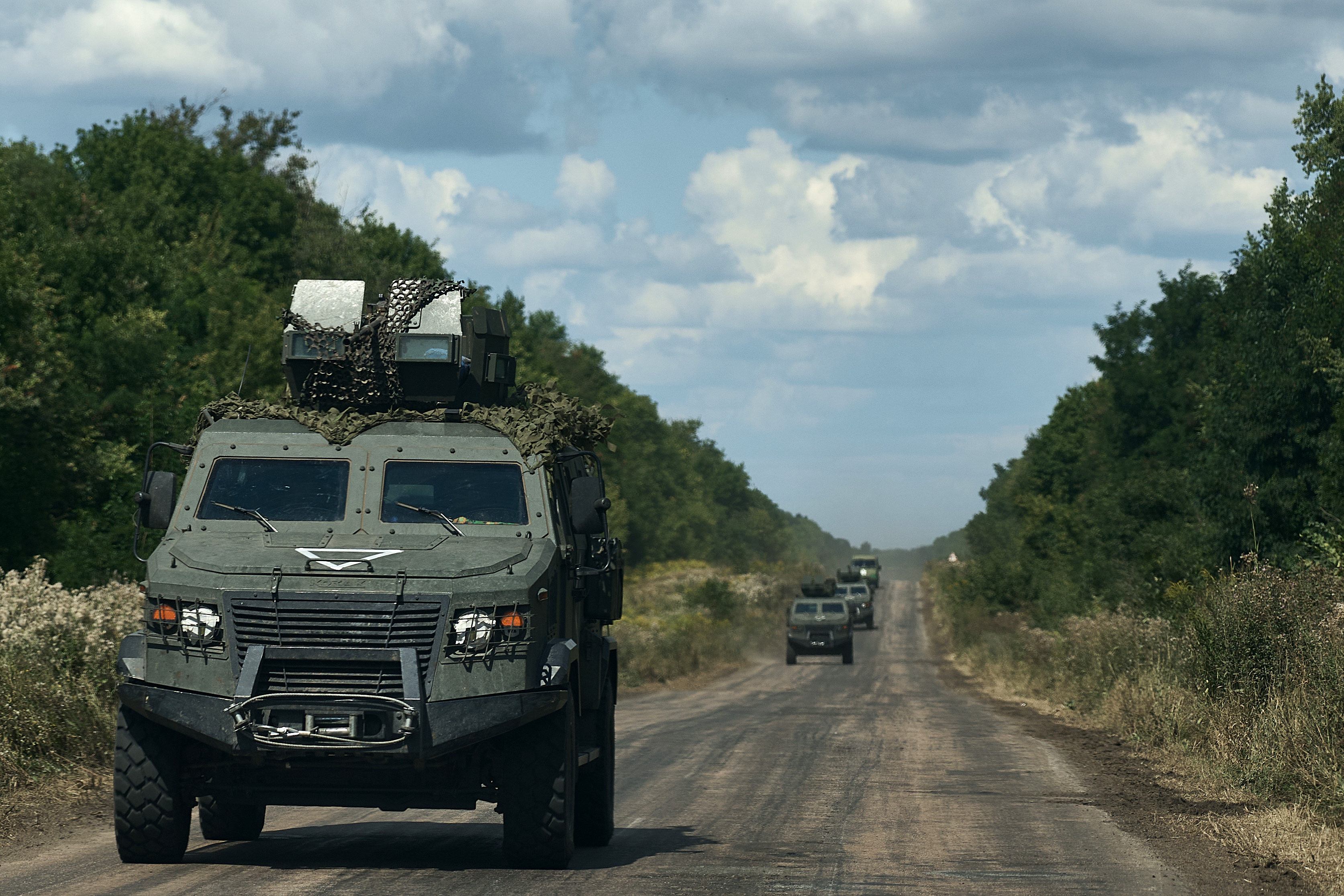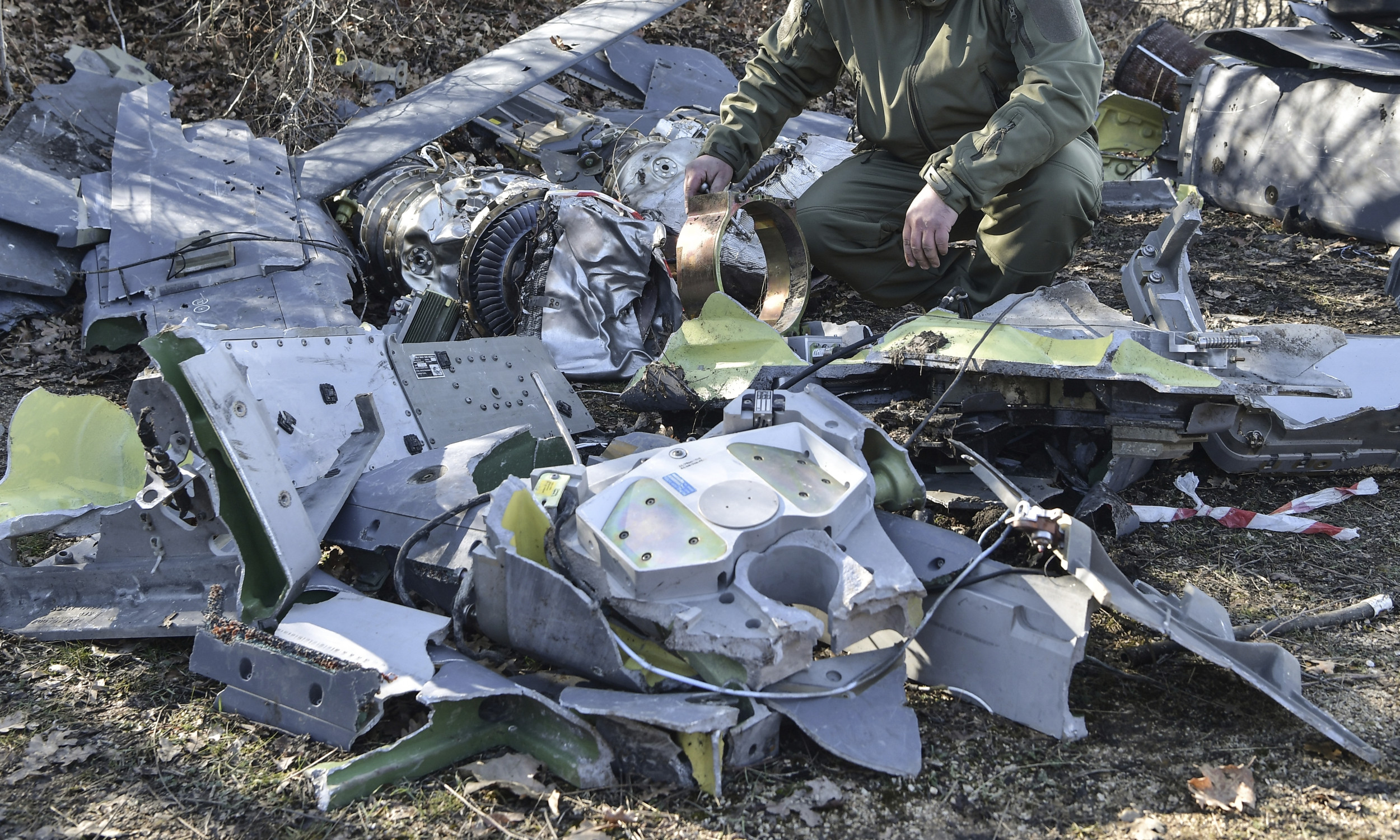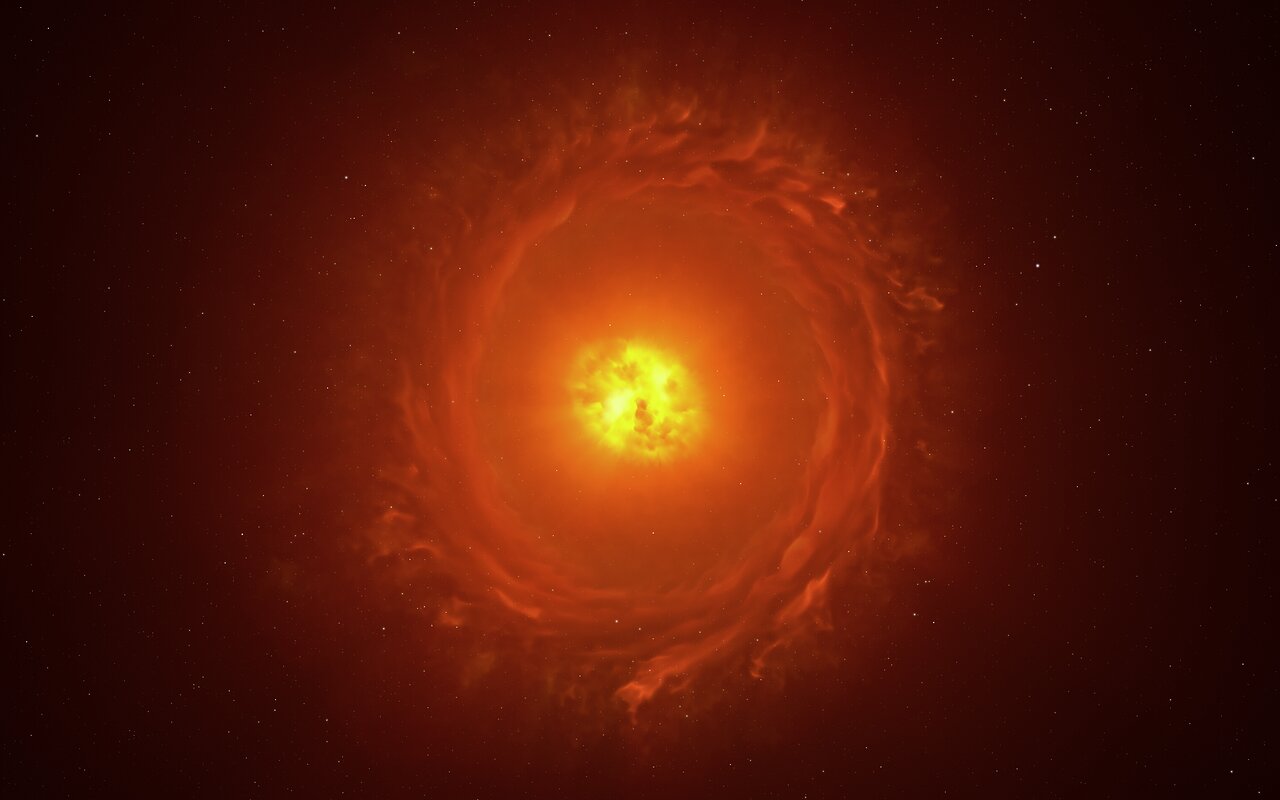A volcano on Iceland's Reykjanes Peninsula erupted for the seventh time in less than a year on Wednesday evening, releasing lava from a fissure approximately 1.8 miles long.
The eruption began at 11:14 p.m. with little prior warning. Authorities issued alerts for harmful gas emissions across parts of the Reykjanes Peninsula, particularly affecting the nearby town of Grindavík.
Despite the eruption's intensity, there is no immediate risk to air travel.
This latest volcanic activity was considered smaller than the eruption in August, according to Iceland's meteorological office, which monitors seismic activity.
"In the big picture, this is a bit smaller than the last eruption and the eruption that occurred in May," said Magnús Tumi Guðmundsson, a professor of geophysics, who was part of a team that flew over the site with the Civil Protection agency to monitor the eruption.

Communities on High Alert
Grindavík, which has a population of 3,800 people and lies about 30 miles southwest of Reykjavik, has experienced repeated disruptions due to volcanic activity in recent months.
The ongoing eruptions have caused damage to infrastructure and property, forcing many residents to temporarily relocate to ensure their safety.
"Grindavík is not in danger as it looks, and it is unlikely that this crack will get any longer, although nothing can be ruled out," Guðmundsson said.

Evacuations Underway
The eruption prompted the Civil Protection agency to evacuate around 50 homes in Grindavík and the surrounding area. In addition, guests at the famous Blue Lagoon resort were evacuated as a precaution.
Iceland's Civil Protection agency, which has been actively monitoring the situation, has stressed that while the eruption poses no direct threat to human life at present, the ongoing seismic activity continues to require caution.
The island nation, situated above a volcanic hotspot in the North Atlantic, has a long history of volcanic eruptions, with an average of one eruption occurring every four to five years.
In recent years, the Reykjanes Peninsula has experienced heightened volcanic activity, making it an area of significant concern for both local authorities and residents.

A History of Volcanic Disruptions
Iceland is no stranger to volcanic activity. One of the most disruptive eruptions in recent history took place in 2010, when the Eyjafjallajökull volcano erupted, sending massive ash clouds into the atmosphere.
The eruption caused widespread disruptions to air travel, halting flights across the globe for several months.
The Reykjanes Peninsula's ongoing eruptions serve as a reminder of the persistent geological forces shaping the island nation, as well as the potential for future disruptions.
This article includes reporting from The Associated Press








![[WATCH] Saweetie Sits Down With Alex Cooper To Talk About Love, New Music, and Her ‘Diamond Era’](https://thesource.com/wp-content/uploads/2024/11/unnamed-81.jpg)







)



 English (US) ·
English (US) ·